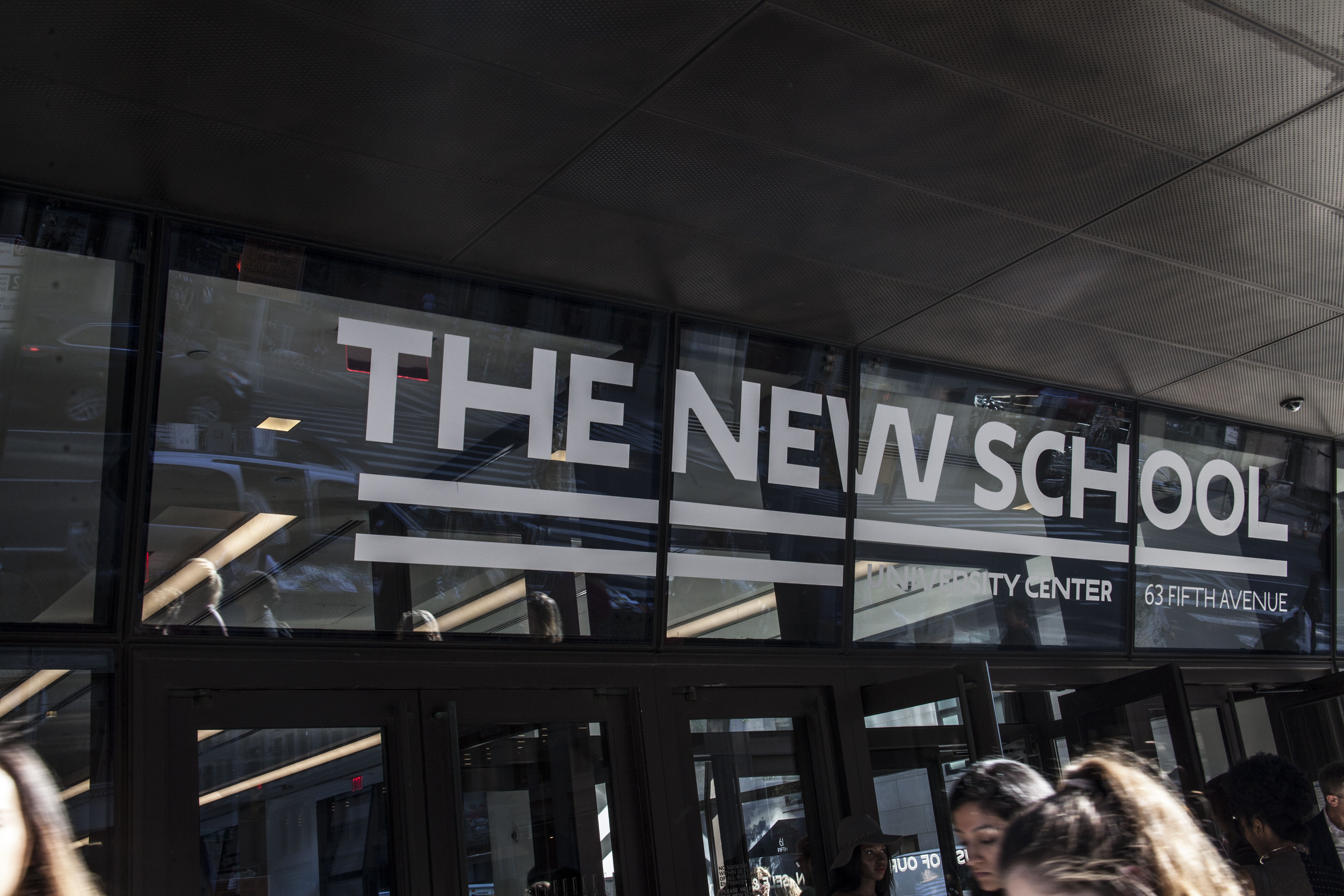After years of protesting and bargaining by student workers at Columbia University, the National Labor Relations Board has ruled that graduate students workers can now bargain with the school on their rights and unionization at their school.
The Aug. 23 ruling said that graduate student workers at private universities are school employees, therefore giving them rights to both join and form unions that the universities are obligated to recognize.
The decision in the case of Columbia could pave the way for other school’s, such as The New School, to give their graduate student workers the right to unionize and bargain on things such as wages and vacation time, the SENS-UAW organizing crew said.
“They [The New School] tried to argue that our work is not work, and that we are not workers. Now that the NLRB has ruled that Columbia has to negotiate with its students and recognize their work as work, we expect them to do the same for us any day now,“ said Kylie Benton-Connell, a Ph.D. student in anthropology at The New School.
The New School’s case with the NLRB on whether students can unionize, is currently pending, according to comments made by David Van Zandt. The graduate students at The New School wish to become part of the United Auto Workers Union in their own university-specific chapter. If the ruling from the NLRB comes back in favor of the graduate workers there will be a vote on whether to join the SENS-UAW, if the majority of the graduate students vote yes, the school administrators will be legally obligated to bargain with them.
“It has been really frustrating dealing with the administration during this time. On one hand, they continued to say they were “considering” recognizing the union, in the best progressive tradition of the New School. And on the other hand they continued to pour money and time down the drain in this legal contest, which it now looks like they’re going to lose anyway.” said Benton-Connell.
Joining the SENS-UAW, which stands for the Student Employees of The New School – United Auto Workers, union will allow graduate students the power to bargain as equals with university administrators and bargain for pay increases, receive better health coverage and gain unpaid leave time, the SENS-UAW organizing crew said.
“While we often enjoy the work we do, a lot of us are struggling: to pay rent, to pay for health insurance, to pay for childcare, to stay on top of loans,” Benton-Connell said.
This new ruling overturns the 2004 ruling in which the NLRB said that graduate students engaging in collective financial bargaining with the schools would undermine the purpose of graduate education. Graduate programs normally require students to teach or conduct research to complete their degrees, this leads universities believe that their relationship with these students is educational, not economic.
“Every minute I have to spend encouraging the administration to do the right thing is another minute I can’t spend on my Ph.D. research. I think as a group we’re looking forward to having more of a say in how our jobs are organized, what rights we have and how much we get paid. And we’re looking forward to being recognized as the workers we always have been,” Benton-Connell said.
At the University Town Hall held on Sept. 29, many of the questions asked in the question and answer portion of the event revolved around university President David Van Zandt’s hesitance on coming to an agreement with the SENS-UAW on their official unionization.
“We are waiting for the NLRB’s decision in our case — the New School’s case in particular. And the reason we are doing that is because the New School has a very different situation than a place like Columbia or NYU or Yale in terms of our financial structure, in terms of how we support our graduate students. I want to be very careful when moving forward that take the right steps that are good for the education of all of our students here at the university,” Van Zandt said
Five people — both students and teachers — grilled the president about unionization to thunderous applause from the audience.
“We have a right to collectively bargain with you, this is a social justice issue,” one student said.
“I agree that it’s your right, but I don’t have much more to say on that,” Van Zandt replied.
Towards the end of the event one student even presented President Van Zandt with a cake, telling him that his decision on whether to bargain with them should be ‘a piece of cake’.
Julia is the current Senior Photo Editor for the Free Press. She is in her senior year at Parsons, majoring in Photography and minoring in Art History. Julia is originally from Boston and is patiently awaiting her return there after college. She is a wiener dog and pizza enthusiast and finds herself most at home when she is near the ocean.







